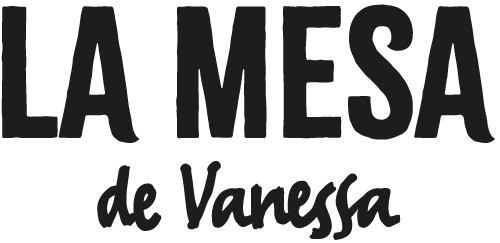The Incredible Effects of Yawning (yes...yawning)
So, I’m reading this book called Just Breathe from Dan Brulé. My lovely friend Dee recommended it. It’s the type of book that you have to read little by little because there is just so much to absorb.
The author is an expert and renowned pioneer in the field of breathwork. I shared one of his breathing exercises with you in the feel section of the blog.
Anyway, yesterday I read something that blew my mind. It’s about yawning. Yes, yawning. So, we all think that we yawn when were bored or tired. Yawning is also a big social no no. It’s considered very rude. But in reality, there is so much more to yawning. Yawning is a breathing technique…yeah…a breathing technique and it’s actually vital.
Yawning improves over health and well-being.
Dan writes: Yawning is a natural way to integrate, process [what is happening to you], and [a way to] shift energy. It’s nature’s way of connecting you with your energy, body, and feelings.
In fact, not only does it help you connect with yourself, but it helps you connect with others. You see, yawning lights up the same part of the brain that is associated with empathy, bonding, play, and creativity.
Have you ever noticed that when someone yawns it creates a chain reaction of yawning? It’s that bonding taking place. Interesting fact: sociopaths, whose empathy levels are very low, do not get affected by the yawning of others.
More good stuff about yawning: Yawning relaxes us at the same time that it makes us more alert. It helps us become more introspective and self-aware. It is part of the parasympathetic nervous system, which is the rest and digest mode. Which we all need to visit more these days because we are in constant fight or flight mode.
I know what you’re thinking. This sound very out there, but it’s not only hippie talk. Science is also on the yawning bandwagon. It has been called one of the best-kept secret of neuroscience.
There are a ton of neurotransmitters involved in yawning including dopamine that activates oxytocin, nitric oxide which relaxes the blood vessels, ACTH which regulates cortisol (the stress hormone), serotonin (the happy hormone), glutamate (the neurons’ messenger)…I mean..the list goes on an on. It’s incredible.
Neuroscientists can find no other single activity that has so many benefits and influences so many brain functions at once.
Other effects of yawning:
• Wards off effects of jet lag
• Eases effects of high altitude
• Increases athletic performance
• Cools off the brain
So, next time you feel the urge to yawn: do not cover or close your mouth. Let your jaw fall open. Look up, stretch when you yawn. Stretching while you yawn activates your glands which is good for your immune system.
Mr. Brulé encourages us to create daily yawning rituals. Don’t wait until your body demands a yawn, yawn on purpose. Do it often; do it regularly. Yawn whenever you feel difficult emotions or are tired or wired. Yawn before you do something important. Yawn right after. Yawn from time to time while going about your daily activities.
To sum up: yawning is good for your physical and emotional health. It helps you connect with others and keeps your brain in optimal condition. So, forget your conditioning! Give yourself complete permission. Give into that yawn, follow your nature. You will be healthier and happier for it.

